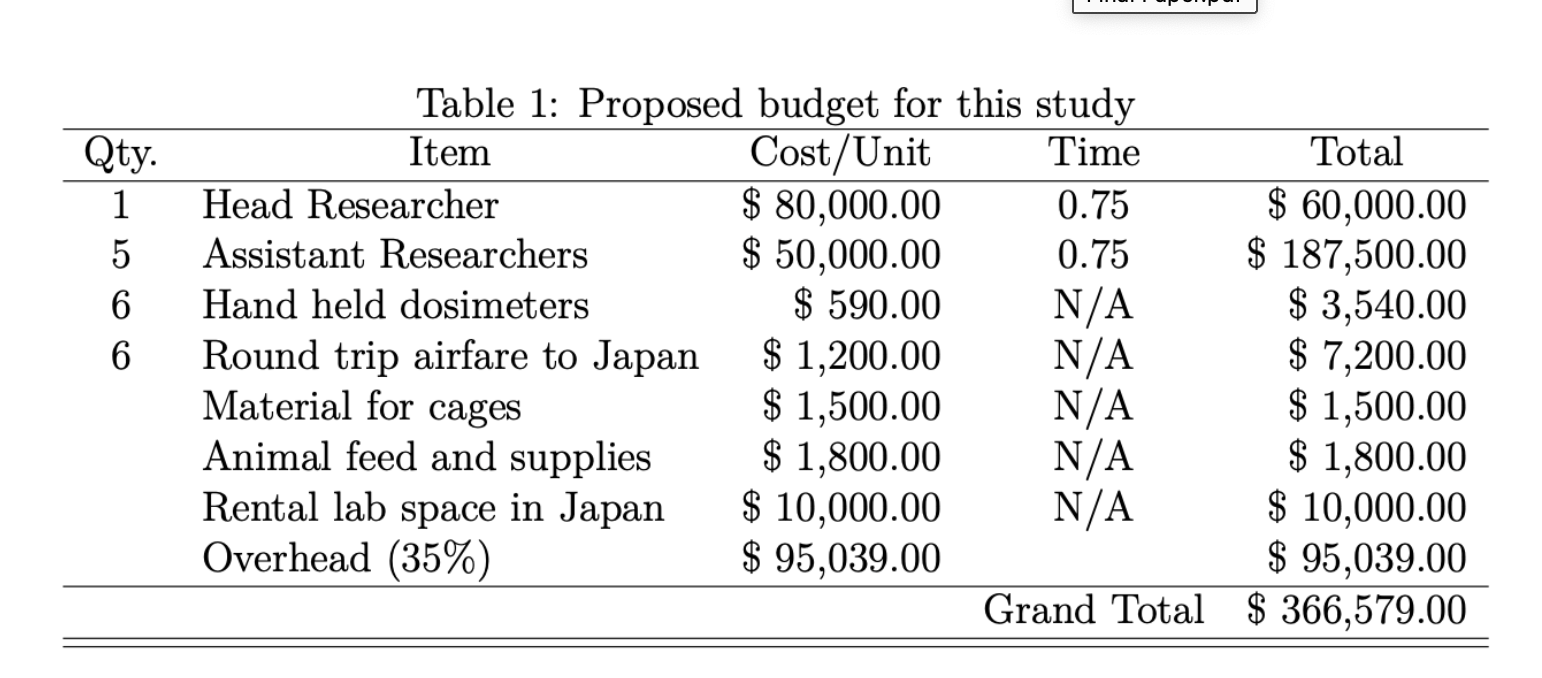You can start small and still make a difference -- and then just keep going. Most of these tips will not only help protect the planet but also your own health and the health of those you love. Some may even save you money.
Up to 40% of the food whose production consumes water, fertilizer, pesticides, fuel, and land is wasted in the U.S.
Composting is one way to productively use food that is wasted -- use your kitchen and yard waste to make beautiful soil.
Practice Meatless Mondays.
You don't have to be a purist -- vegan, vegetarian, pescatarian -- to reduce the carbon footprint of your food. Try being a reducetarian!
Eliminate pesticide use. Read this blog for more on how we are poisoning our children.
Use no pesticides outside on lawns or gardens
Call your city to find out if pesticides are sprayed in parks or for mosquitoes.
Use no pesticides inside -- except for boric acid and diatomaceous earth.
Reduce standing water to eliminate mosquitoes.
Use heat treatment for bedbugs.
Start an organic vegetable garden.
If you are just starting out, I recommend a 3' x 8' bed in full sun filled with good compost. Plant vegetables you will be most eager to eat. Tomatoes, basil, and garlic are one fabulous combo!
Consider permaculture.
It may take a year or three to establish asparagus, raspberries, rhubarb, apples, and pears, but once you do, you will have abundant produce for free.
While you are at it, permaculture encourages you to eat seasonally. We spend almost as much fuel transporting our food as ourselves.
And a cherry, and a willow, and as many native plants as you can. According to Doug Tallamy, oaks can host up to 950 species of native caterpillars that feed native songbirds. Non-native ginkos host none. Plant a homegrown national park.
Turn off taps when brushing, reduce time in showers, monitor toilets for leakage.
Consider xeriscaping in dry regions; limit sprinkling and irrigation.
Drive less: ride bikes, walk.
I started riding my bike to work at 40, and 15 years later I am stronger than ever.
Consider solar panels, geothermal, tankless hot water, electric oven, EV, or hybrid.
Take advantage of tax credits to save money -- and the planet!
Start by eliminating toxic personal care and cleaning products.
Think twice before buying -- don't just click that button!
Consider voluntary simplicity.
Stop buying single-use plastics -- and refuse and reduce plastics overall. Plastics harm everyone -- especially children.
Start buying reusable products. I recommend Klean Kanteens for starters.
Convert to bar soaps.
Buy goods in bulk, packaged in paper, glass, or reusable containers.
Skip tampons with plastic applicators; consider menstrual cups.
Refuse to accept plastics; bring cloth bags to the store.
Reduce paper usage.
There is still a place for paper -- especially in education. But you do not usually need luxuries like paper towels and paper napkins. Switch to cloth, preferably organic cotton.
Build a sustainable wardrobe -- shout-out to my students who have written about the horrible impacts of fast fashion!
Learn how to sew -- and repair, reuse, upcycle....
Buy mostly secondhand clothing -- it's the best.
Choose natural fabrics -- microplastics are proliferating as we wash synthetics.
Spend more time in nature.
Time spent in nature has abundant mental health benefits -- and makes people care more for the planet.
Read a good book on the environment.
Become an environmental activist.
Join like-minded groups.
I recommend Greenpeace, NRDC, Union of Concerned Scientists, Citizens Climate Lobby, and the Sierra Club.














